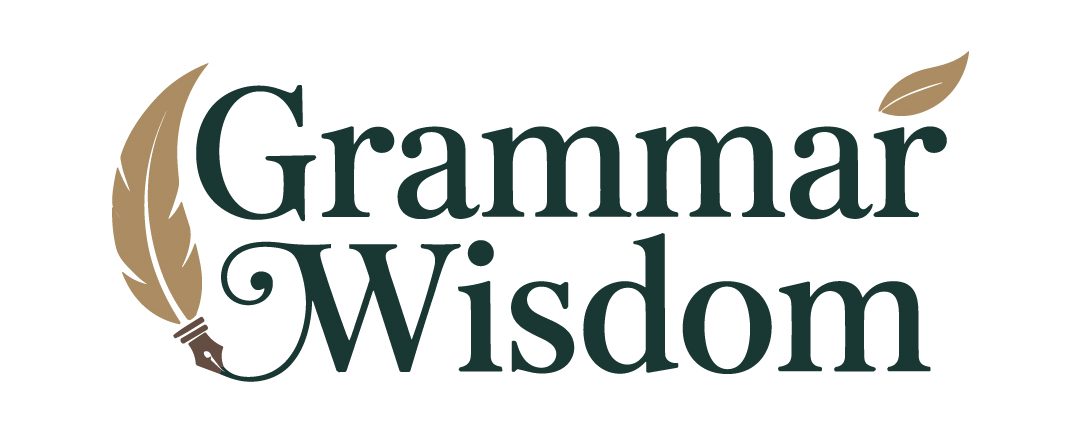Similes for Silent: A Comprehensive Guide
Similes are powerful tools in the English language, allowing us to create vivid comparisons that enhance our writing and speech. Understanding how to use similes effectively, especially when describing abstract concepts like silence, is crucial for clear and engaging communication. This article provides a comprehensive guide to using similes for the word “silent,” exploring various…
